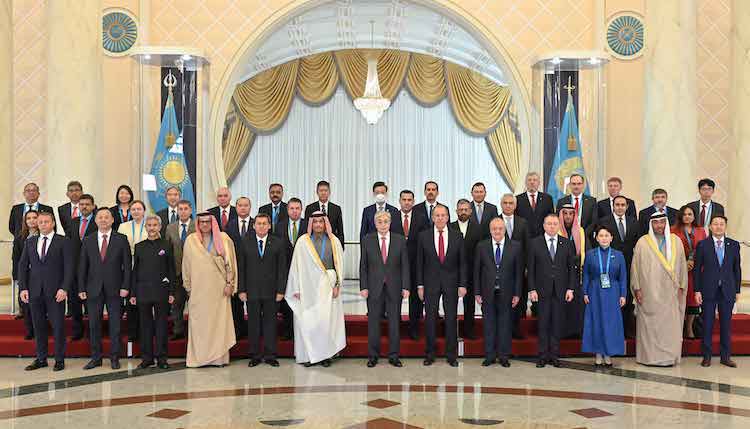By René Wadlow, President, Association of World Citizens
GENEVA, 31 March 2023 (IDN) — With U.S. and Chinese military engaged near Taiwan, a miscalculation could lead to armed violence. The armed conflict in Ukraine has heightened the debate on the possibility of armed conflict between China and Taiwan. Tensions between the two Korean states remain high. The border clash between Indian and Chinese forces in June 2020 has highlighted residual tensions between the two countries. One could add other tensions in the Asia-Pacific area to the list.
What is less obvious are the possibilities of confidence-building measures that would reduce these tensions and open doors to cooperation in the security, economic and social spheres. There are confidence-building measures which governments can undertake.
While we outside of government positions can make suggestions as to steps that governments could take, we have little possibility to oblige action by governments. Thus, we have to consider what confidence-building measures we, as academics and non-governmental organization activists, can undertake.
Fortunately, we have long experience of working to reduce the tensions between the U.S.A. and the Soviet Union (NATO and the Warsaw Pact), which led to the Helsinki Agreements and, finally, the end of the Cold War. Much of the analysis is still of value, such as Mary Kaldor (Ed). “Europe from Below” (London: Verso: 1991) Many of the peace organizations that were involved are still in existence and could focus on Asia-Pacific issues.
There have also been efforts on confidence-building in the Israel-Palestine conflict as well as the wider Middle East. There have also been repeated efforts concerning tensions between India and Pakistan, often focused on the tensions in Kashmir.
Today, there is a need to draw upon these experiences to impart conflict resolution skills to new individuals and groups, thereby building and expanding the constituencies working for conflict reduction measures. New participants can have backgrounds in psychology, religion, law and communications with experience in social movements and community action programs.
There is also a need to draw upon categories of people who were not directly involved in earlier efforts. Women were often marginalised in government negotiations and even in non-governmental efforts. These processes of dialogue have value in deepening understanding of a situation. However, the emphasis should be on developing proposals for confidence-building measures.
Tensions in the Asia-Pacific area are growing, and there is a need for concerted action to reduce the slide to violence. As Don Carlson and Craig Comstock point out in their book “Citizen Summitry: Keeping the Peace when it matters too much to be left to politicians” (Los Angeles: Jeremy P. Tacker, Inc. 1986) “Nobody made a greater mistake than he who did nothing because he could only do a little.” [IDN-InDepthNews]
Photo: Conference on Interaction and Confidence Building Building Measures in Asia (CICA) in October 2022. Source: CICA
IDN is the flagship agency of the Non-profit International Press Syndicate.
Visit us on Facebook and Twitter.
We believe in the free flow of information. Republish our articles for free, online or in print, under Creative Commons Attribution 4.0 International, except for articles that are republished with permission.

